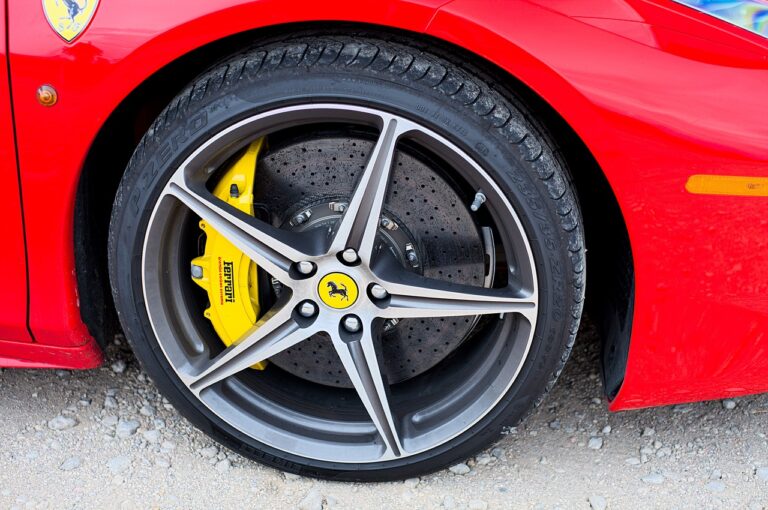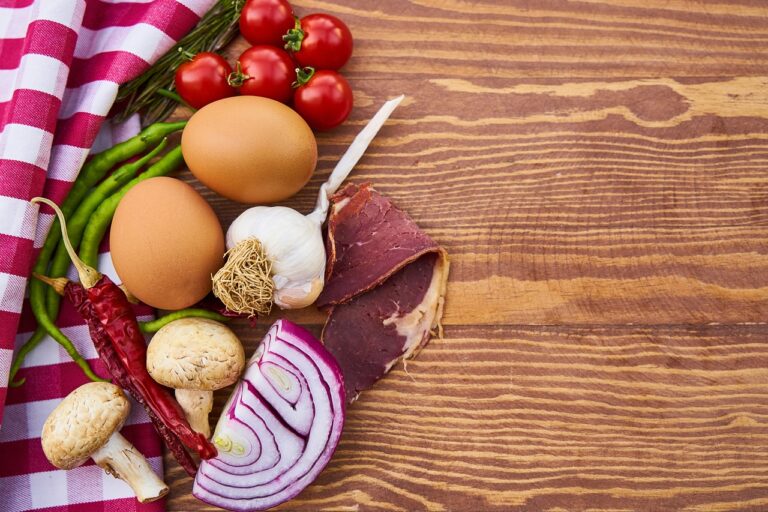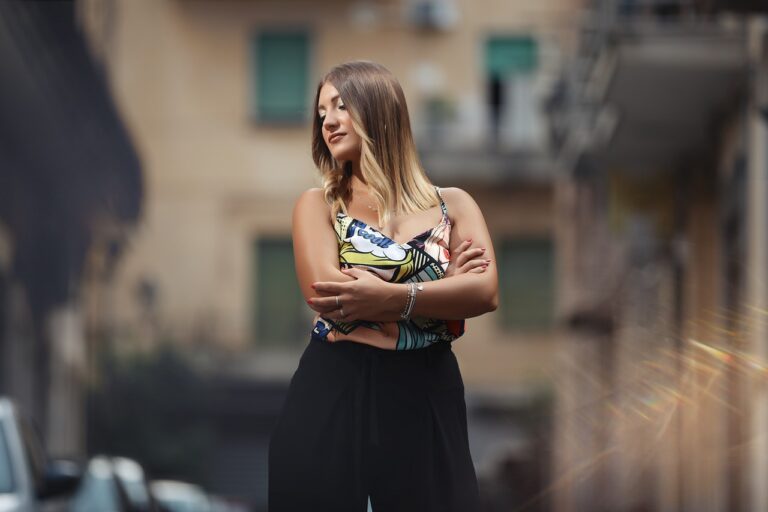Wine and Aging: Exploring the Effects of Time on Wine Quality: Bit bhai 9, Radhe exchange, Lotus365.win login
bit bhai 9, radhe exchange, lotus365.win login: Wine and Aging: Exploring the Effects of Time on Wine Quality.
Have you ever wondered why some wines improve with age while others do not? It all comes down to the complex processes that occur within a bottle of wine as it sits and matures over time. In this article, we will delve into the fascinating world of wine aging and explore the factors that influence the quality of a wine as it ages.
The aging process of wine is a delicate dance between the wine itself and the environment in which it is stored. While not all wines are meant to be aged, those that are can develop unique and complex flavors and aromas that can only be achieved through time.
So, what exactly happens to a wine as it ages?
1. Oxidation: As a wine ages, it is exposed to small amounts of oxygen that seep through the cork. This oxidation process can soften harsh tannins, mellow out the wine, and develop new flavors and aromas.
2. Polymerization: Over time, the tannins in a wine can bind together and form larger molecules through a process known as polymerization. This can help to create a smoother and more balanced wine.
3. Evaporation: A small amount of wine evaporates through the cork over time, concentrating the flavors and aromas of the wine left behind in the bottle.
4. Microbial interactions: Some wines contain naturally occurring bacteria and yeast that can continue to ferment and transform the wine even after it has been bottled. These microbial interactions can lead to unique and unexpected flavor developments.
5. Temperature and humidity: The environment in which a wine is stored plays a crucial role in the aging process. Ideal conditions include a constant temperature of around 55 degrees Fahrenheit and high humidity to prevent the cork from drying out.
6. Bottle size and closure: Larger bottles generally age more slowly than smaller bottles due to the smaller surface area exposed to oxygen. Additionally, wines sealed with a cork versus a screwcap can age differently due to the amount of oxygen that can pass through the closure.
FAQs
Q: How long should I age a wine before drinking it?
A: The aging potential of a wine varies depending on the grape variety, winemaking style, and storage conditions. Some wines are meant to be enjoyed young, while others can benefit from several years of aging. It’s always a good idea to research the specific wine you have and consult with a knowledgeable sommelier.
Q: Can any wine be aged?
A: Not all wines are meant to be aged. Generally, wines that are high in acidity, tannins, and sugar have the potential to age well. Light-bodied and fruity wines are best enjoyed while young and fresh.
In conclusion, wine aging is a complex and multifaceted process that can significantly impact the quality and character of a wine. By understanding the factors that influence wine aging, you can better appreciate the unique flavors and aromas that develop in a bottle of well-aged wine. Cheers to the beauty of aging gracefully!







